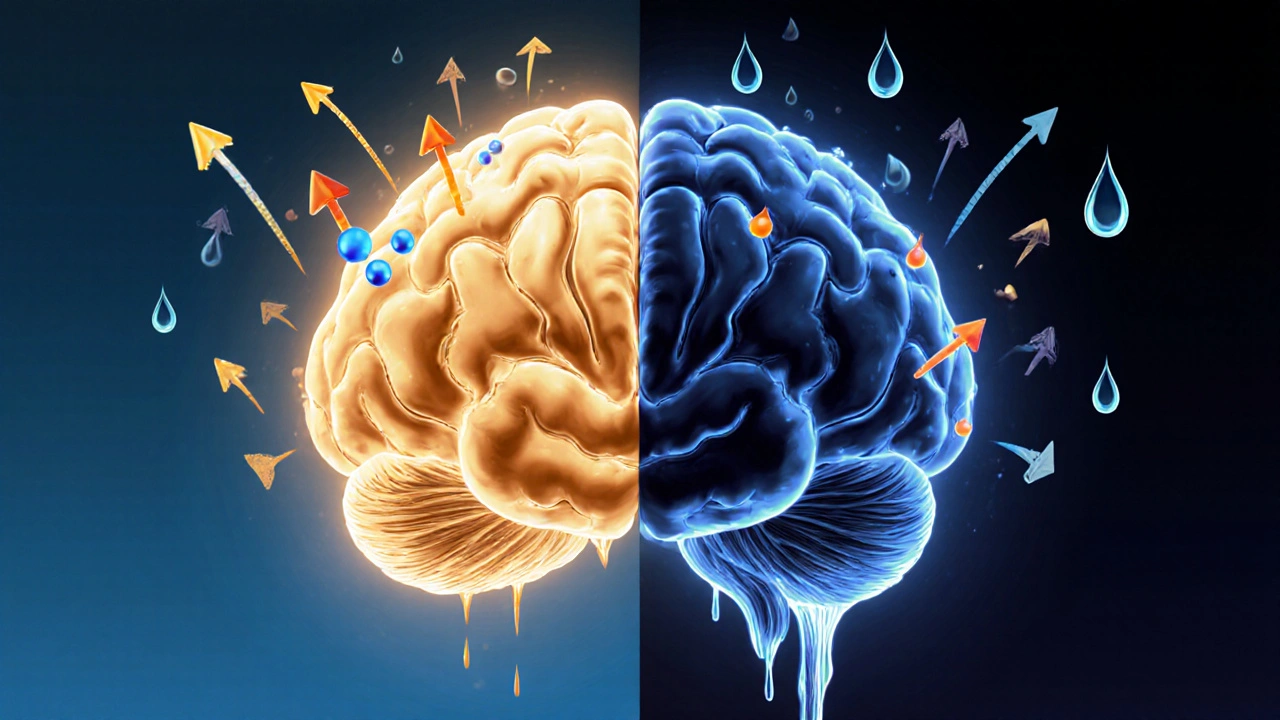 24
Nov,2025
24
Nov,2025
Antidepressant-Alcohol Interaction Checker
This tool analyzes risks based on medical research. Even one drink can be dangerous for some antidepressants. Always consult your doctor before making changes to your treatment plan.
Results
Combining antidepressants and alcohol isn’t just a bad idea-it’s a medical risk that can turn a routine evening into an emergency. If you’re taking medication for depression or anxiety, drinking alcohol might seem like a harmless way to unwind. But the truth is, even one drink can interfere with your treatment, worsen your symptoms, and in some cases, put your life at risk.
Why This Mix Is So Dangerous
Antidepressants work by balancing chemicals in your brain-serotonin, norepinephrine, dopamine-to help lift your mood and reduce anxiety. Alcohol, on the other hand, is a depressant. It slows down your nervous system. When you mix them, you’re not just adding two substances-you’re creating a chemical clash that amplifies side effects and weakens the medication’s effect.Think of it like this: your antidepressant is trying to pull you up. Alcohol is pulling you down. Together, they cancel each other out-and sometimes, they drag you lower than either would alone.
How Different Antidepressants React with Alcohol
Not all antidepressants react the same way with alcohol. The risks vary depending on the type you’re taking.- SSRIs (like Prozac, Zoloft, Lexapro): These are the most commonly prescribed. Even one drink can make you feel drunk faster-up to 50% more intensely. You might feel dizzy, nauseous, or extremely tired. Worse, alcohol can make your depression worse within hours. Studies show 41% of SSRI users who drink report a sharp drop in mood the next day.
- Tricyclics (like amitriptyline): These older meds amplify alcohol’s sedative effects. At just a blood alcohol level of 0.05%-below the legal driving limit in most places-people have slipped into dangerous respiratory depression. Falls, accidents, and unconsciousness are real risks.
- MAOIs (like Parnate, Nardil): These are the most dangerous when mixed with alcohol. They can trigger a sudden, life-threatening spike in blood pressure-sometimes over 220/120 mmHg. This can lead to stroke or heart attack within 30 minutes of drinking. Even a small glass of wine or a single beer can set it off.
- Wellbutrin (bupropion): This one is unique. Alcohol combined with Wellbutrin can flood your brain with dopamine, leading to hallucinations, paranoia, and delusions. Emergency room visits have been documented after just two drinks. In one study, 12% of users who mixed them experienced psychotic symptoms requiring hospitalization.
Alcohol Makes Antidepressants Less Effective
It’s not just about side effects. Alcohol actively reduces how well your medication works. Research shows that even one drink per day can cut antidepressant effectiveness by 35-50% in nearly 8 out of 10 people. That means if you’re taking your pills exactly as prescribed, alcohol is sabotaging your progress.And it’s not just about mood. People who drink while on antidepressants are 2.7 times more likely to attempt suicide. The combination increases impulsivity, lowers judgment, and deepens feelings of hopelessness-all at the exact time your brain needs stability.
Real Stories, Real Consequences
Online support groups are filled with accounts of people who thought “just one drink” wouldn’t hurt.One Reddit user wrote: “One beer on Zoloft made me feel like I was going to pass out. My vision blurred, I couldn’t stand, and I threw up for 12 hours.”
Another on PatientsLikeMe shared: “Two glasses of wine on Wellbutrin-I started hearing voices telling me to hurt myself. I ended up in the ER overnight.”
A 2022 survey of over 4,000 people taking antidepressants found that 67% saw their depression get worse within 48 hours of drinking. Nearly a third reported increased anxiety. Only 3% of users said they had no issues-and those were mostly on stable doses with strict limits.
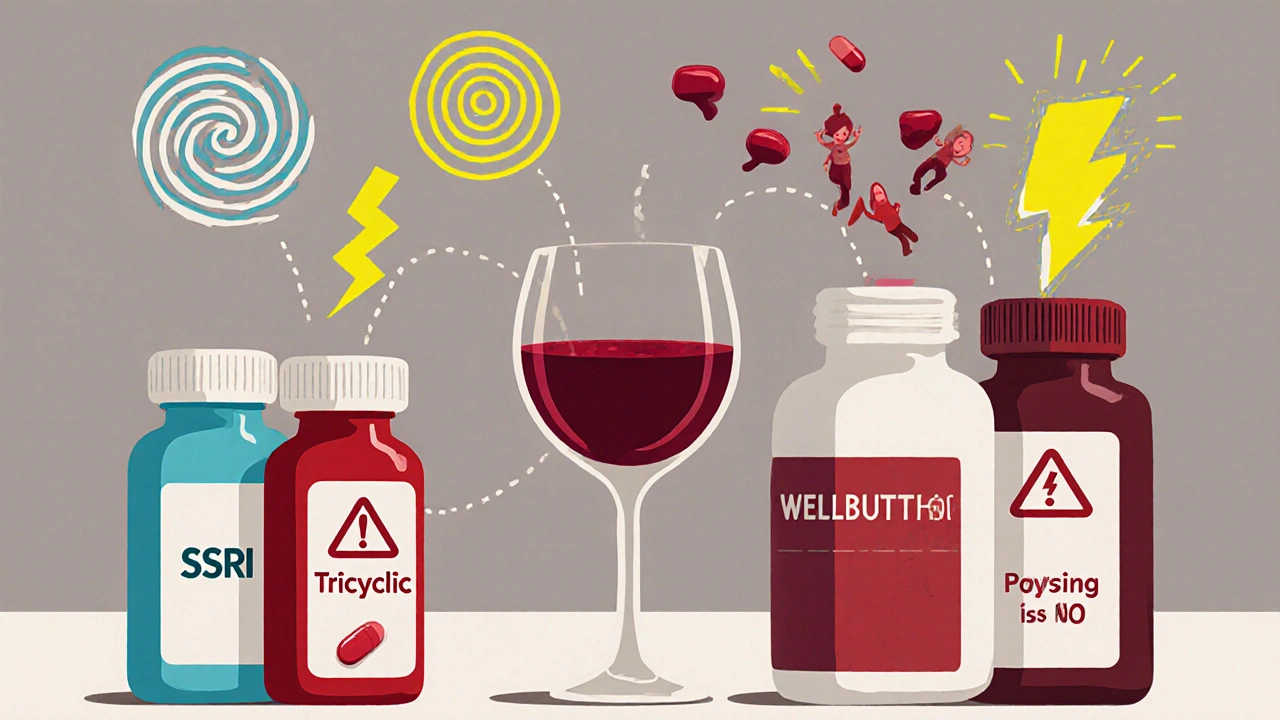
What Doctors Really Say
There’s no universal rule, but most experts agree: avoid alcohol entirely during the first 4-8 weeks of treatment. That’s when your body is adjusting, and your symptoms are most vulnerable.Some doctors, like Dr. Michael Thase, allow *very limited* alcohol for patients who’ve been stable on SSRIs for over a year-with no history of alcohol misuse. Even then, it’s one drink, once a week, with food. But this is the exception, not the rule.
Dr. David Baron of FHE Health puts it bluntly: “Mixing Wellbutrin and alcohol can lead to psychosis. That’s not a side effect-it’s a medical crisis.”
The National Alliance on Mental Illness (NAMI) says: “Some physicians allow one drink a day. But we strongly advise against it.”
Why People Still Drink Anyway
Many patients say they drink to cope with lingering anxiety, social pressure, or the emotional numbness that sometimes comes with antidepressants. Others simply don’t realize how little alcohol it takes to cause harm.A Columbia Recovery Center survey found that 39% of patients use alcohol to self-medicate. And 62% believe “one drink is safe”-despite evidence showing even small amounts trigger dangerous reactions.
The problem isn’t willpower. It’s misinformation. Many patients aren’t warned properly. Only 41% of people on antidepressants receive clear, written guidance about alcohol risks from their provider.
What You Can Do Instead
If you’re struggling with the urge to drink while on antidepressants, you’re not alone-and help exists.- Cognitive Behavioral Therapy (CBT): Studies show CBT reduces alcohol use in antidepressant patients by 47%. It helps you identify triggers and build healthier coping skills.
- Medication check-ins: Schedule appointments every 2-4 weeks during the first few months. Your doctor can adjust your treatment if you’re feeling off.
- Non-alcoholic alternatives: Sparkling water with lime, mocktails, or herbal teas can replace the ritual of drinking without the risk.
- Support groups: Groups like Depression and Bipolar Support Alliance offer safe spaces to talk about these struggles without judgment.
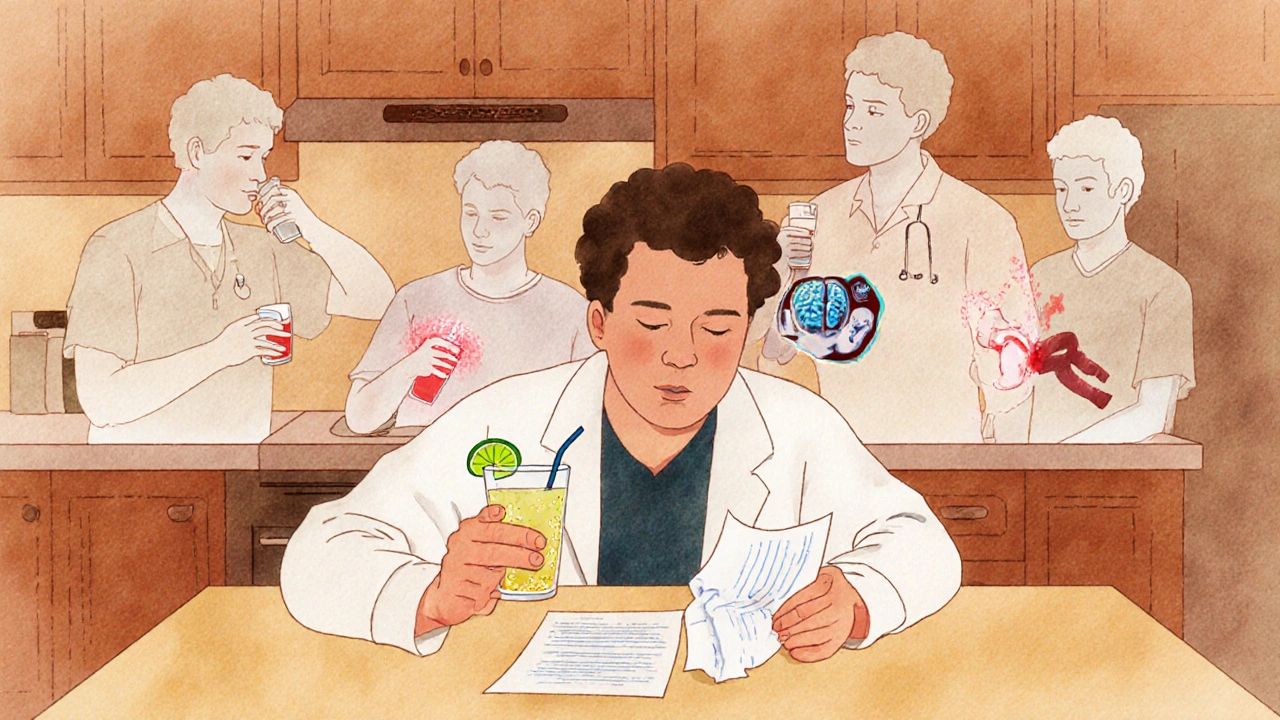
New Science: Genetic Risks Are Real
Not everyone reacts the same way. A 2023 study from Columbia University found that people with a specific gene variant (ADH1B*2) become 2.3 times more impaired when combining SSRIs and alcohol. That means your genetics might make you far more vulnerable than others.In March 2023, the FDA approved the first genetic test-GeneSight Psychotropic-that can predict your risk of bad reactions to alcohol and antidepressants. It’s not widely used yet, but it’s a step toward personalized safety.
What’s Changing in 2025
The American Psychiatric Association updated its guidelines in 2023 to say that *some* stable SSRI users *might* be able to have one drink a week-only after 12+ months of steady treatment and with doctor approval. This is a shift from the old “no alcohol ever” rule.But here’s the catch: this doesn’t apply to most people. It’s only for those who are symptom-free, have no history of addiction, and are under close supervision. For everyone else, the safest choice is still no alcohol.
Meanwhile, pharmaceutical companies have spent over $12 million on patient education about this interaction since 2022. But because these materials aren’t consistently handed out, most people still don’t know the risks.
The Bottom Line
If you’re on antidepressants, alcohol isn’t just a party stopper-it’s a treatment stopper. It reduces your medication’s power, worsens your depression, increases your risk of suicide, and can trigger life-threatening reactions depending on the drug you take.There’s no safe amount for everyone. For some, even one drink is too much. For others, a small amount might be manageable-but only after months of stable treatment and with your doctor’s clear approval.
The best outcome? A 62% higher chance of recovery from depression when you avoid alcohol entirely. That’s not a small number. That’s life-changing.
If you’re unsure whether you can drink, ask your doctor-not a friend, not Google, not your own assumptions. Your mental health deserves more than guesses. It deserves clarity, care, and caution.

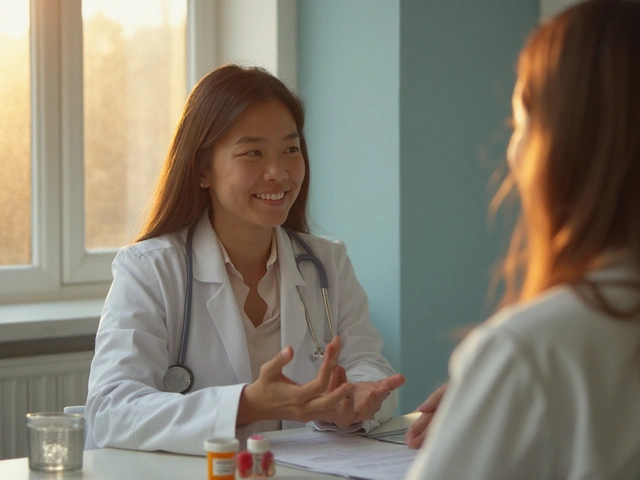
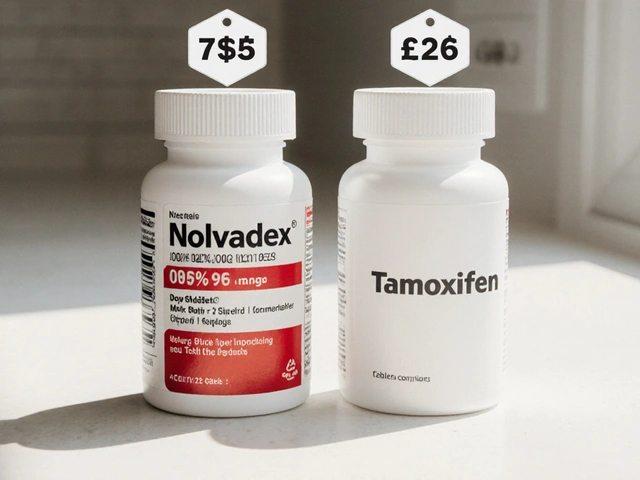
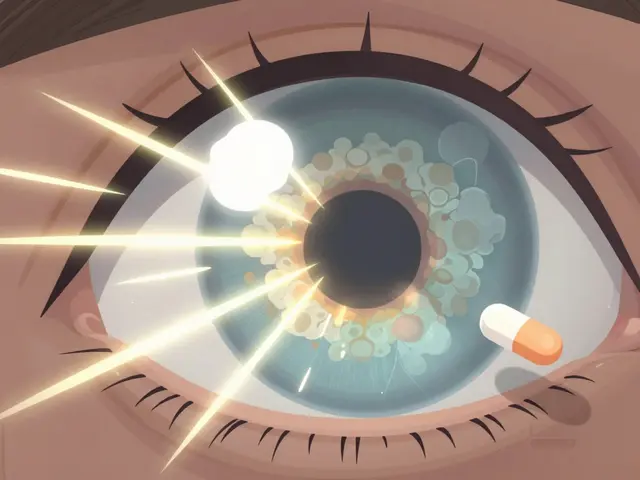
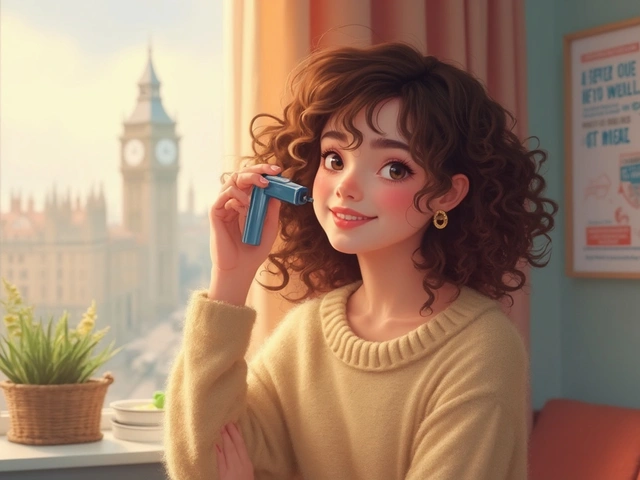
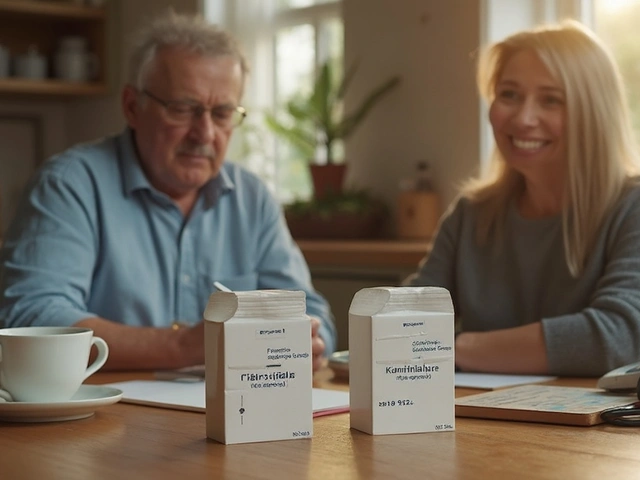
Man, this post hit hard. I’ve been on sertraline for two years and thought one beer after work was fine. Turns out I was just fooling myself. My anxiety spiked every time, and I didn’t even connect it to the drink. Thanks for laying it out like this-no more guessing.
OMG. I KNEW this was dangerous. 😤 I told my cousin last month, ‘If you’re on Zoloft, don’t even TOUCH the wine!’ And she laughed. Now she’s in therapy for alcohol-induced panic attacks. 🙃 People need to STOP thinking they’re special. This isn’t a ‘maybe’-it’s a HARD NO. 🚫🍷
Just wanted to add-CBT really works. I used to drink to numb the emotional flatness from my meds. Started doing weekly CBT sessions and switched to sparkling water with mint and lime. No more cravings. My mood’s steadier than it’s been in years. You don’t need alcohol to relax. You just need better tools. 💪
Look, I get it. Life’s rough. Antidepressants help, but they also make you feel like a robot sometimes. That’s when you crave that warm, fuzzy feeling of a drink. But here’s the thing-alcohol doesn’t fix the numbness, it just buries it deeper. And when it wears off? You’re worse than before. I’ve been sober for 14 months on Wellbutrin. No hallucinations. No paranoia. Just me, slowly healing. It’s not glamorous, but it’s real. And real beats fake relief every time.
Let’s be real for a sec. This whole ‘no alcohol ever’ thing is a bit overblown. I mean, come on. We’re talking about a society that tells people to ‘just take the pill’ and then acts like they’re gonna die if they have a glass of wine. It’s not 1950. We’re adults. Some of us are stable. Some of us have been on SSRIs for five years with zero issues. Why do we need to be treated like children? I had a beer last Friday. Felt fine. My mood didn’t crash. My liver didn’t explode. Maybe the real problem isn’t the alcohol-it’s the fear-mongering. Let people make their own damn choices. Not everyone’s a ticking time bomb.
One must observe with clinical precision that the conflation of anecdotal testimony with empirical data constitutes a profound epistemological flaw in the majority of public discourse surrounding psychopharmacology. The cited statistics, while statistically significant, lack stratification by metabolic phenotype, dosage titration, and duration of pharmacotherapy. Furthermore, the invocation of NAMI as an authoritative body is questionable, given its advocacy orientation. A more rigorous approach would demand controlled longitudinal studies with pharmacokinetic monitoring-none of which are presented herein. The reductionist framing of this issue as a binary ‘safe/unsafe’ dichotomy is intellectually indefensible.
Ugh. Another ‘don’t drink’ lecture. 🙄 I’ve been on Lexapro for 3 years. One glass of wine. Every. Single. Friday. I’m fine. My therapist says it’s fine. My doctor says it’s fine. Why does everyone act like I’m gonna keel over? You people are exhausting. 🤦♀️
Benjamin, your comment is dangerously naive. You say ‘some people are stable’-but stability isn’t guaranteed. It’s fragile. And when you’re not the one who ends up in the ER because you thought ‘one drink’ was okay, you don’t get to decide what’s safe for everyone else. The data doesn’t lie. 67% of users saw their depression worsen after drinking. That’s not a ‘maybe.’ That’s a warning sign. And if you’re too lazy to read the science, don’t blame the post for being ‘overblown.’